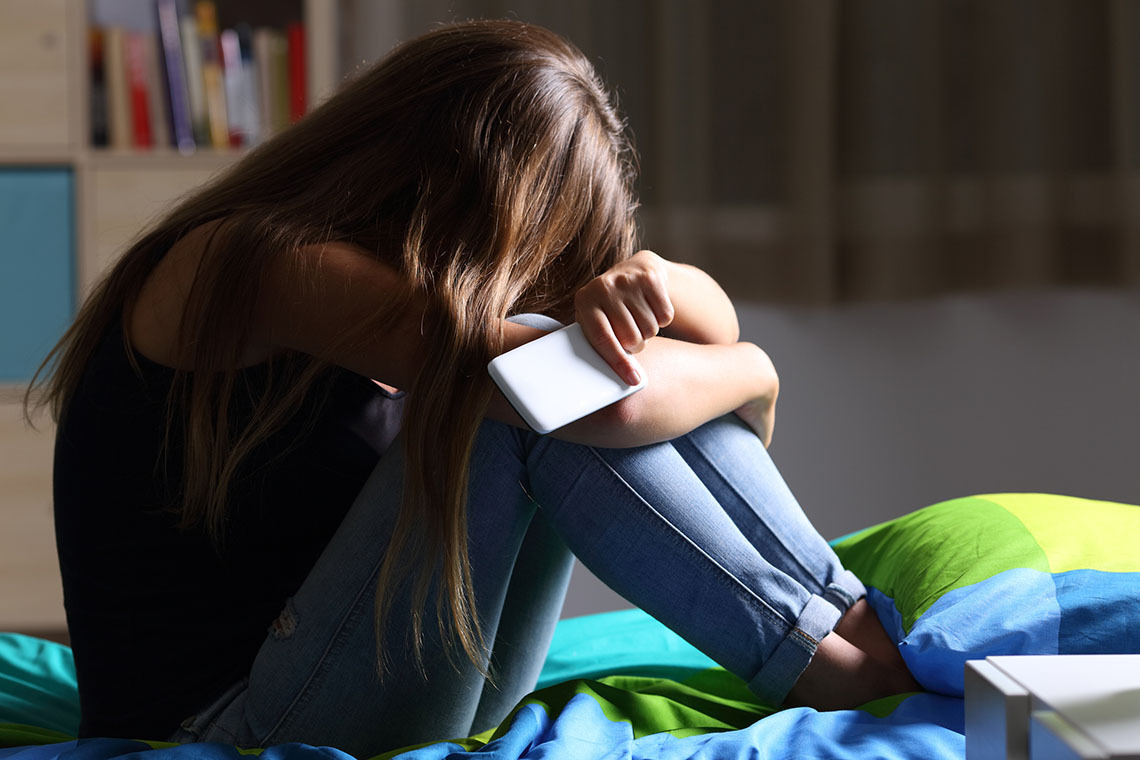Depression and Anxiety Support Resources and Exercises for Teens
Depression and anxiety are two of the most common mental health challenges in teens and adults today. While they affect everyone differently, both conditions can bring overwhelming feelings of sadness, worry, or hopelessness. Depression is a mental health condition that often leaves individuals feeling drained and unable to enjoy daily life, while anxiety creates a state of unease and fear. Recognizing the symptoms of these illnesses, such as persistent sadness, loss of interest, excessive worry, or difficulty concentrating, is the first step toward getting support.
Fortunately, there are many resources available, including therapy, medication, and support groups, to help people manage these conditions and improve their quality of life.
Depression in Teens
Mental Health America explains how depression can develop in teenagers, what depression looks like, and how it can be treated.
Finding Help for Anxiety and Depression
The Anxiety & Depression Association of America offers a directory of therapists and online peer support communities to help people with mental health issues.
Crisis Text Line: Get Help Now
Crisis Text Line provides support via text to anyone who needs to vent. All you need to do is text 741741 to connect with a crisis counselor.
Find Health Care or Support for Mental Health Issues
This page can help you figure out how to find professional treatment for your mental health concerns.
Exercise Eases Symptoms of Depression and Anxiety
The Mayo Clinic explains how exercise can help people with depression and anxiety to feel better.
Eight Ways to Exercise When You're Depressed
Depression can make it hard to get up and move, but doing so can help to lift your mood. On this page, you'll find some ideas for getting physical activity that doesn't feel like a lot of work.
Activities to Help Fight Depression and Improve Your Mood
Self-care can be a key part of managing depression, including things like exercising, meditating, listening to music, or going out in nature.
Mindfulness Meditation: A Research-Proven Way to Reduce Stress
Learn about mindfulness meditation and its benefits for mental and physical health, including reducing stress, anxiety, and depression.
14 Yoga Poses for Anxiety
Doing yoga can help you to regulate your emotions, combining focused breathing with gentle exercise.
Understanding Anxiety
The National Institute of Mental Health discusses different types of anxiety disorders and how they are treated in this article.
Cognitive Behavioral Therapy (CBT) for Depression and Anxiety
CBT is a common tool used in psychotherapy to help people with anxiety and depression to change harmful thought patterns.
13 Tips to Get the Sleep You Need for Good Mental Health
Getting enough sleep helps the brain to repair itself and can lessen symptoms of anxiety and depression.
14 Common Symptoms of Depression
Medical News Today lists the most common symptoms that can indicate that someone is struggling with depression.
Lifestyle Changes for Depression
Depression can keep you from enjoying life, but taking action to make your body and mind healthier can help to lessen symptoms.
Facts About Anxiety Disorders
If you have an anxiety disorder, you're not alone: Around 4% of people globally suffer from anxiety. On this page, the World Health Organization provides key facts and statistics about anxiety disorders.
Exercise Boosts the Brain and Mental Health
Learn more about how exercise boosts mental health by changing the brain in this article.
Support Groups for Anxiety
From finding the right group to what a support group is like, WebMD discusses everything you need to know about support groups for anxiety.
Find an In-Person Support Group
The Depression and Bipolar Support Alliance can help you connect with an in-person support group near you.
Coping With Depression
Find coping strategies to help you deal with depression when symptoms strike.
Spend Time in Nature to Reduce Stress and Anxiety
Being outdoors can improve your mental health, helping you to feel calmer and happier.
Anxiety and Depression: What's the Relationship?
Some of the symptoms of anxiety and depression overlap, and many people have both mental health conditions.
Four Mistakes People With Anxiety Make
Some responses to symptoms of anxiety can only make the situation worse. Discover four things you should avoid doing here.
Managing Depression: What Should Happen When You Talk to a Mental Health Professional?
Seeking help for your depression can feel difficult or intimidating, but knowing what you should expect may help to make your path forward easier.
How Depression and Anxiety Impact the Body
Learn about Stanford University's research into how poor mental health can make you physically sicker over time.
Acceptance and Commitment Therapy (ACT) and How it Works
This scientific article explains what ACT is and how it can help depressed or anxious people feel better.
How Making Art Helps Improve Mental Health
Having a creative outlet can help you manage depression and anxiety better, making art therapy a valuable tool for treating mental illness.
How to Journal for Depression and Anxiety
Learn six ways that you can use writing in a journal to help you process and cope with your emotions here.
Understanding Psychotherapy
Healthdirect explains exactly what psychotherapy entails and how people with depression and anxiety can benefit from it.
What You Should Know About Zoloft for Anxiety and Depression
This article explains what this commonly prescribed drug is, how it works, and how it's used to treat mental health disorders.




